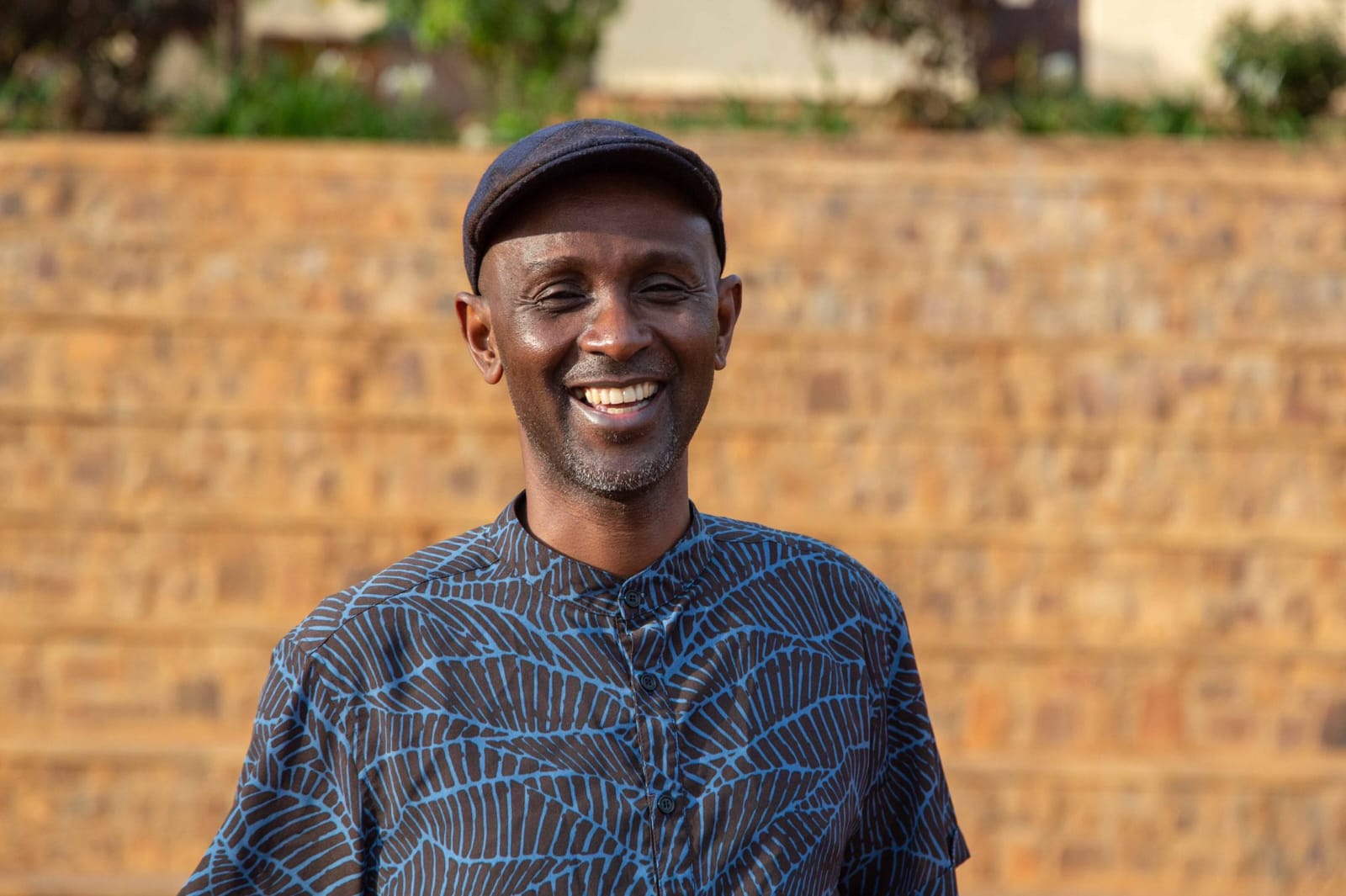As Rwanda marks the 30th commemoration of the genocide against the Tutsi, the harrowing tale of Eugene Murangwa stands as a poignant reminder of both the depths of human despair and the unexpected avenues of salvation. Born in Rwamagana, in the eastern part of Rwanda, Eugene’s early life was characterized by frequent relocations due to his father’s job requirements. This nomadic lifestyle eventually led them to settle in Nyamirambo, Kigali, where Eugene’s journey with football and his path to an extraordinary escape from death began.
The firstborn in a family of six children spent his formative years in Nyamirambo and Kabusunzu primary school which was not far from his home.
It was during his time at Kabusunzu that he developed a passion for football. He would leave school and head straight to the training ground of the family’s favourite football club Rayon Sports. At the pitch he stood out because he was young, the older people would send him to pick stuff for them or to kick the ball. Over time and despite his age, Eugene’s zeal did not go unnoticed, earning him a coveted spot on the team and the affectionate nickname ‘Toto’.
April 6, 1994, marked a catastrophic turn in Rwanda’s history, when the assassination of the Rwandan President sparked the brutal genocide that would claim over a million lives.
That night Eugene had been watching a football match at a neighbourhood bar. On his way home, he overheard groups of people murmuring but it was late and he was rushing so he never had the time to inquire and understand what was being discussed. It was in the middle of the night when he switched on the TV that he found out what had happened. Radio programming had also changed and was cautioning people to stay in their homes.
In the days that followed, Eugene’s identity as ‘Toto’ of Rayon Sports would become his shield. When armed men stormed his home, intent on violence, it was the discovery of Eugene’s connection to the beloved football team that held them back. The shared camaraderie and reverence for Rayon Sports transformed potential executioners into protectors, illustrating the powerful, unifying force of football even amidst rampant division.

Eugene, who sought refuge with a Hutu teammate, embodying the complex web of relationships that transcended ethnic lines. His subsequent journey to safety was fraught with danger, eventually leading him away from Rwanda and marking the end of his football career. Yet, the impact of the sport on his life was indelible.
In the aftermath, Eugene founded Football for Hope, Peace, and Unity, channeling his gratitude towards football into a force for reconciliation. The initiative which is part of the Ishami Foundation, harnesses the universal language of sports to foster tolerance, unity, and peace among Rwanda’s youth. This commitment has brought Eugene full circle, back to Rwanda, where he now lives, is married and fully invested in the work of the Ishami Foundation.
As Rwanda reflects on the 30th anniversary of the genocide, Eugene’s story underscores the importance of remembrance and support for survivors. He says it is important to remember those who lost their lives and make sure their memories are kept alive and it is equally important to stand with those who survived. His journey from the brink of death to a beacon of hope exemplifies the resilience of the human spirit and the transformative power of forgiveness and unity. Through football, Eugene Murangwa has not only survived but has found a meaningful way to contribute to the healing of a nation still bearing the scars of its past.
Written by Jackie Lumbasi

